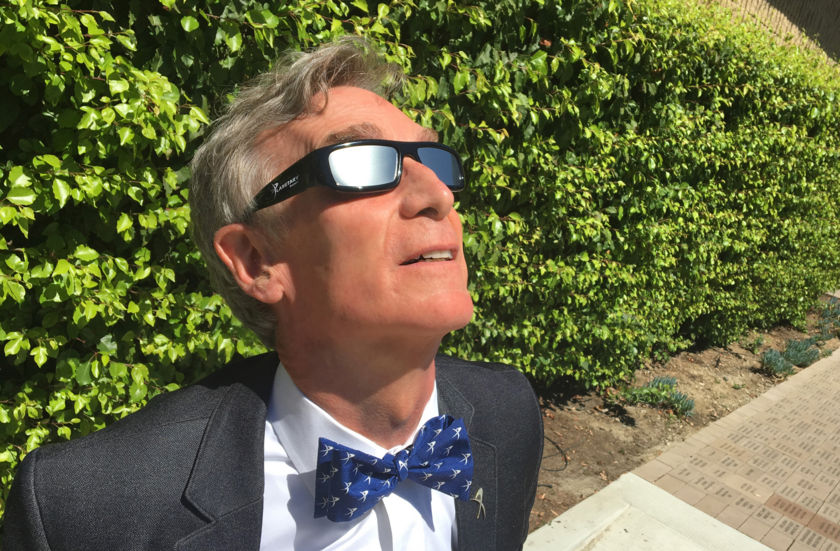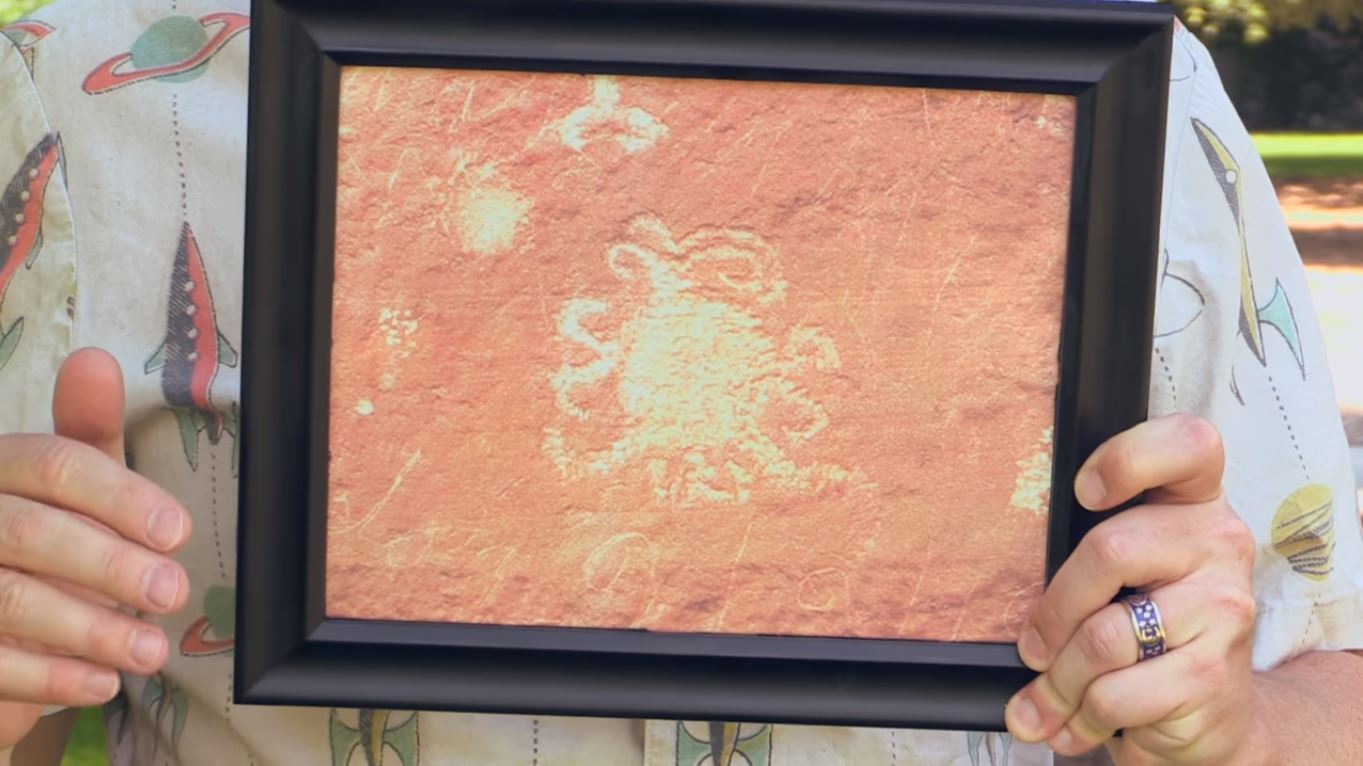Get a Free, Kid-Friendly Solar Eclipse Booklet from Bill Nye and the National Parks

Breaking space news, the latest updates on rocket launches, skywatching events and more!
You are now subscribed
Your newsletter sign-up was successful
Want to add more newsletters?

Delivered daily
Daily Newsletter
Breaking space news, the latest updates on rocket launches, skywatching events and more!

Once a month
Watch This Space
Sign up to our monthly entertainment newsletter to keep up with all our coverage of the latest sci-fi and space movies, tv shows, games and books.

Once a week
Night Sky This Week
Discover this week's must-see night sky events, moon phases, and stunning astrophotos. Sign up for our skywatching newsletter and explore the universe with us!

Twice a month
Strange New Words
Space.com's Sci-Fi Reader's Club. Read a sci-fi short story every month and join a virtual community of fellow science fiction fans!
The U.S. National Park Service (NPS) has partnered with science popularizer Bill Nye and The Planetary Society to create kid-friendly resources about the total solar eclipse on Aug. 21, including a special Junior Ranger program booklet and badge.
The program booklet, which is intended for kids ages 5 to 13, is available for free online and at parks in the path of totality. The booklet features a cartoon Junior Ranger named CaLisa and a cartoon version of Nye, CEO of The Planetary Society and host of the Netflix series "Bill Nye Saves the World."
The Planetary Society and the NPS also worked together on a web series called "Bill Nye & the Totally Awesome Solar Eclipse," which explores eclipse science and the connection between eclipses and national parks. [21 National Parks Where You Can See the 2017 Solar Eclipse]
The NPS' Junior Ranger program is intended for children and youth ages 5 to 13, although people of any age can participate. The program is offered at most national parks and allows participants to learn about the parks and do a series of related activities to earn badges.
The Junior Ranger booklet encourages participants to do activities such as making up their own eclipse stories or calculating what age the child will be when the next total solar eclipse occurs in the U.S. in 2024.
Nye will be at Homestead National Monument of America in Nebraska on the day of the eclipse to promote the booklet and greet park visitors onstage. [The Best Travel Destinations for Seeing the 2017 Total Solar Eclipse]
"The program's motto is 'Explore, Learn, and Protect,' and the Eclipse Explorer booklet and badge are designed to inspire and empower kids and families while enhancing their learning experience," according to a joint statement from The Planetary Society and the NPS.
Breaking space news, the latest updates on rocket launches, skywatching events and more!
Editor's note: Space.com has teamed up with Simulation Curriculum to offer this awesome Eclipse Safari app to help you enjoy your eclipse experience. The free app is available for Apple and Android, and you can view it on the web. If you take an amazing photo of the Aug. 21 solar eclipse, let us know! Send photos and comments to: spacephotos@space.com.
Follow us @Spacedotcom, Facebook and Google+. Original article on Space.com.

Elizabeth Howell (she/her), Ph.D., was a staff writer in the spaceflight channel between 2022 and 2024 specializing in Canadian space news. She was contributing writer for Space.com for 10 years from 2012 to 2024. Elizabeth's reporting includes multiple exclusives with the White House, leading world coverage about a lost-and-found space tomato on the International Space Station, witnessing five human spaceflight launches on two continents, flying parabolic, working inside a spacesuit, and participating in a simulated Mars mission. Her latest book, "Why Am I Taller?" (ECW Press, 2022) is co-written with astronaut Dave Williams.

